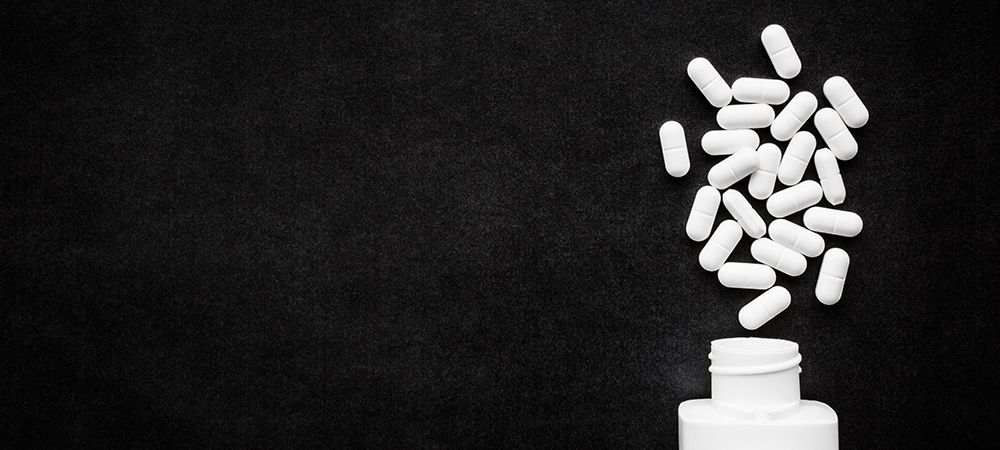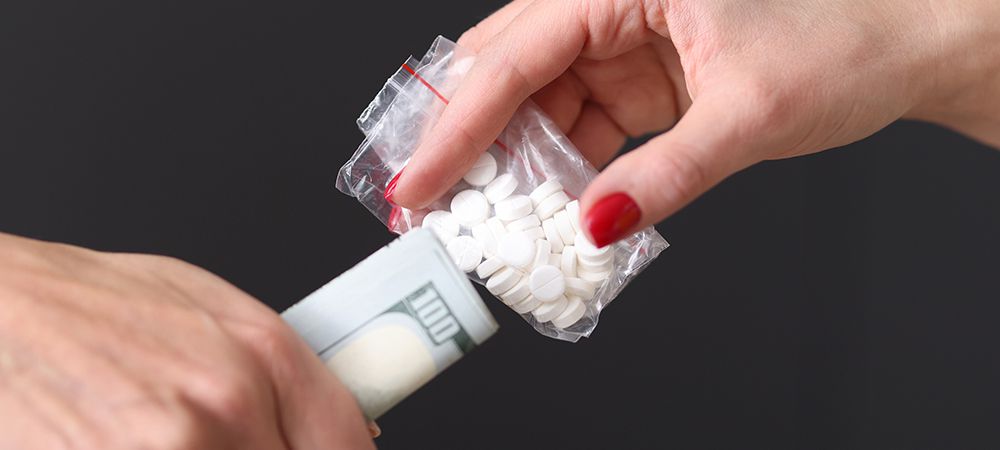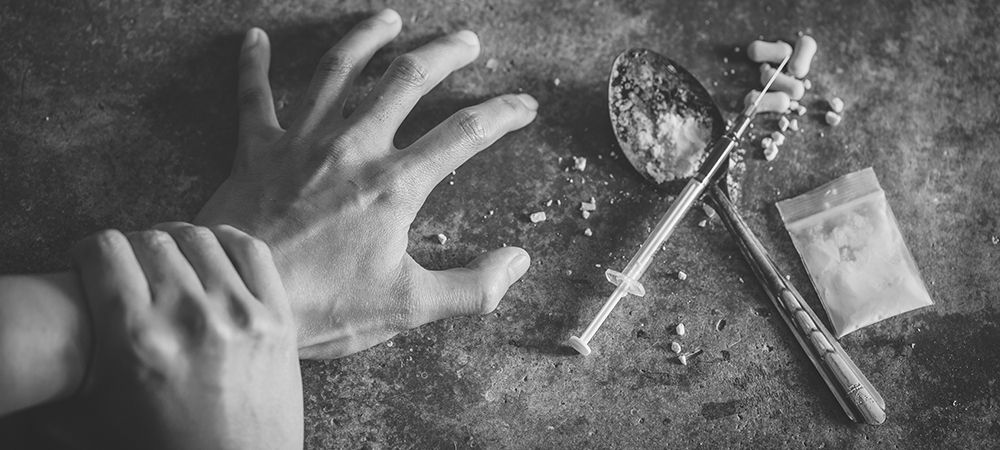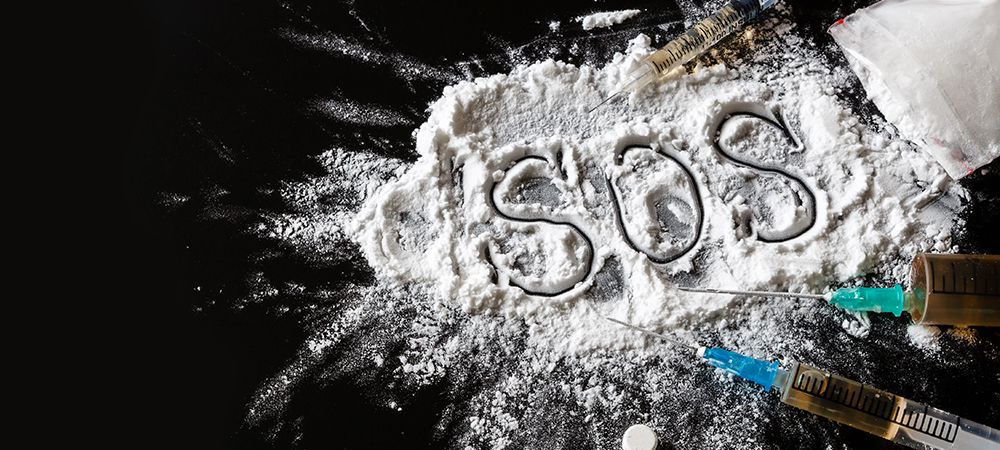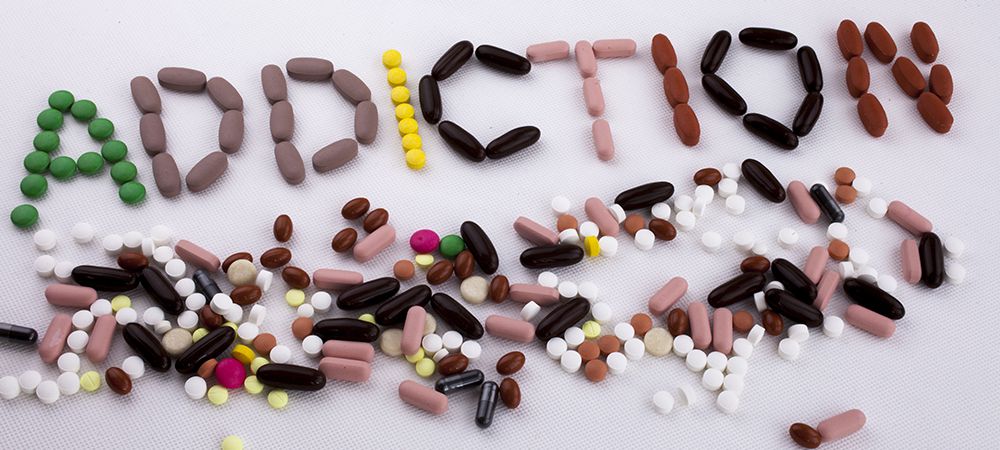
What Happens During Amphetamine Rehab Treatment?
Amphetamines were originally marketed as an over-the-counter treatment for nasal congestion. Over time, it also started to be used as a treatment for obesity and depression. Eventually, it became clear that the risks of addiction and long-term effects outweighed any medical benefit. Amphetamine is now a highly controlled substance. Apart from variations that are used to treat attention deficit hyperactivity disorder (ADHD), amphetamines are illegal to produce and distribute.
What Is Amphetamine?
Amphetamines are stimulants designed to speed up the central nervous system. They produce a feeling of wakefulness and energy that makes them a popular drug among people who have to stay awake for extended periods of time. They can also give the user a sense of confidence and superiority. Those who are usually quiet may become talkative and excitable.
Non-medicinal amphetamines are highly addictive. The rapid-onset euphoria is followed by a “crash” characterized by insomnia, intense hunger, violent episodes, depression, and suicidal thoughts or actions. People who experience this will often seek out more amphetamine drugs, and they find that they have to take more in order to achieve the same euphoric high they got the first time.
The post-euphoria crash can be overwhelming, and many amphetamine users cope with this by using depressants, such as alcohol or benzodiazepines. Not only can this create a situation of polysubstance addiction, it can lead to dangerous interactions between drugs.
What Are The Harmful Effects Of Amphetamines?
Amphetamine can produce uncomfortable and dangerous side effects, even after one use. There are also potential long-term risks to physical and mental health.
Short-Term Effects
The short-term effects of amphetamine drugs include the following:
- Anxiety, irritability and mood swings
- Obsessive behaviours
- Abdominal cramping, nausea, and loss of appetite
- Profuse sweating
- Rapid heart rate, and fast, shallow breathing
- Nasal congestion and nosebleeds
- Blurred vision
- Increased risk of seizures for those already at risk
- Erectile dysfunction
- Erratic blood pressure
Long-Term-Effects
Prolonged regular use can lead to the following long-term effects:
- Cardiovascular problems, including cardiac arrest and stroke
- A decline in cognitive functioning
- Muscle atrophy
- Malnutrition resulting from sustained loss of appetite
- Psychosis, delusions and paranoia
- Blood clots, especially in those who crush tablets to inject them
Like any drug that affects the rhythm of the heart, amphetamines come with a risk of fatal overdose. Signs that someone may be experiencing the symptoms of amphetamine toxicity include the following:
- Chest pain
- Elevated blood pressure and erratic heart rate
- Increased body temperature
- Seizures
- Auditory and tactile hallucinations
In severe cases, amphetamine overdose can lead to heart failure and death.
What Are The Signs That I Need Help For Amphetamine Addiction?
If you can answer “yes” to any of the following statements, it may be time for you to seek help for yourself or a loved one.
- I have daily cravings to use amphetamines that get in the way of other thoughts
- I keep having to increase the dosage or frequency of use to get the same effects
- I am anxious when I do not have access to amphetamines
- I want to stop using drugs, but I am not able to
- I continue using drugs in spite of it being harmful to my health, my finances, or my relationships
- I spend large amounts of time finding or using the drug, or recovering from its effects
- I experience withdrawal symptoms when I stop using the drugs
What Are The Phases Of Amphetamine Addiction Treatment?
Addiction rehab in Toronto happens in several phases, and the first step is always the acknowledgement that you need help. In most cases, this is a voluntary admission on the part of the addicted person, but from time to time, people enter rehab programs as a result of court orders or ultimatums from loved ones.
Detox
The first stage of amphetamine addiction recovery is medically supervised detox. Amphetamine withdrawal can be uncomfortable and lead to potentially harmful symptoms, such as depression, mood swings, cravings and insomnia. Some people experience symptoms of psychosis, such as hallucinations, delusions, paranoia, and confusion. By undergoing supervised detox, you can go through this process safely, with medical professionals on hand to treat and manage symptoms as they arise.
Rehab
Like most substance use disorders, amphetamine addiction looks different in everyone. Addictions usually have an underlying cause, like a coexisting mental illness, trauma, stress, or troubled relationships. Because everyone’s path to and through addiction is so unique, everyone needs their own customized addiction treatment plan.
The rehab phase of treatment starts with an assessment to determine what your needs and circumstances are, and what kind of program would benefit you the most. Generally, you will have access to a combination of therapies, such as:
- Individual, group and family therapy
- Fitness and nutrition counselling
- Creative therapies that use art, drama, music or dance as forms of expression
- Mindfulness, meditation and yoga
- Life coaching
- Training in skills like communication, time management, and stress management
Over the course of your treatment, your needs will be reassessed, and your goals adjusted as appropriate.
Aftercare
Aftercare is one of the most important parts of recovery. The transition from rehab to the real world can be a time of intense vulnerability for people in addiction recovery, and it is essential that you have the support you need during this time. Your aftercare program may include a 24-hour support line for times of crisis, training on relapse prevention strategies, referrals to programs and professionals in your area, and check-in appointments to monitor the success of your return to real life.
How Can I Get Help For Amphetamine Addiction?
If you are ready to start your journey to recovery, 1000 Islands Addictions Treatment Centre is ready to help you. We are located in a beautiful setting far away from the stresses of life, where you can take the time to focus on your healing. To get started, give us a call today.

